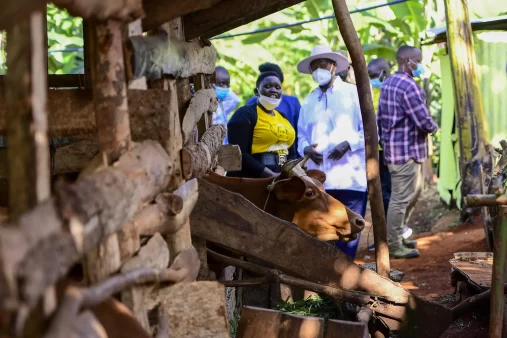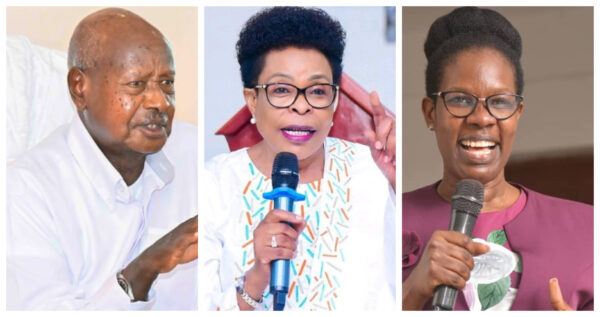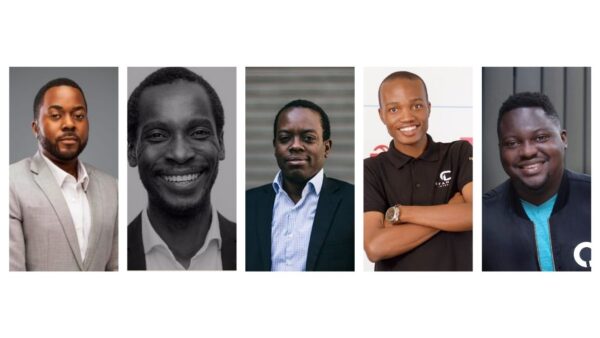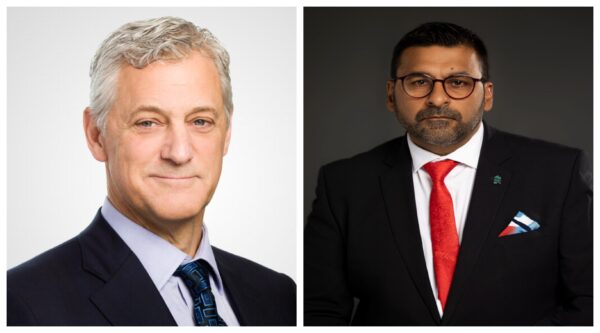In a landmark moment for African enterprise, the continent’s wealthiest individuals have crossed the $100 billion threshold for the first time. The 2025 Forbes Africa Billionaires List shows that the combined net worth of the continent’s 22 billionaires surged to $105 billion, up from $82.4 billion just a year ago. This dramatic rise reflects both global market momentum and the extraordinary resilience of Africa’s most successful business leaders.
But beyond the headlines of rising fortunes lies a quieter but deeply significant narrative — the sole representation of East Africa on this prestigious list. In a lineup dominated by business titans from Nigeria, South Africa, and Egypt, one name stands out: Mohammed Dewji, the Tanzanian billionaire businessman and philanthropist, whose net worth now stands at $2.2 billion.
As the President and CEO of Mohammed Enterprises Tanzania Limited (MeTL Group), Dewji’s continued presence on the list not only affirms his personal business acumen but also positions his company as a beacon of industrial ambition and pan-African growth.
Africa’s Billionaire Boom: Who’s Leading the Pack?
The richest African in 2025 is, unsurprisingly, Aliko Dangote, whose net worth leapt from $13.9 billion to $23.9 billion— a staggering $10 billion increase. This windfall was driven by the operational launch of his long-delayed refinery project on the outskirts of Lagos. After years of regulatory setbacks, the plant began refining oil in 2024 and is now reaching full capacity, marking a significant milestone in Nigeria’s industrial evolution.
“This is a very, very big relief,” Dangote told Forbes. “A pivotal step in ensuring that Africa has the capacity to refine its own crude oil.”
Following Dangote is Johann Rupert, the South African luxury goods mogul, with $14 billion, buoyed by a 39% increase in his fortune. Diamond magnate Nicky Oppenheimer ($10.4 billion) and construction and engineering tycoon Nassef Sawiris ($9.6 billion) complete the top four.
South Africa leads the continental billionaire map with seven names, followed by four from Nigeria and four from Egypt. Morocco contributes three, while Zimbabwe and Algeria each have one. In the vast expanse of East Africa, only Mohammed Dewji of Tanzania appears — a reminder of the region’s underrepresentation at the highest levels of global wealth.
Enter Mohammed Dewji: A Billionaire with a Pan-African Vision
At 48, Mohammed Dewji is not just East Africa’s richest man — he is the region’s most prominent symbol of entrepreneurial success. A Georgetown-educated economist and former Tanzanian MP, Dewji has spent more than two decades transforming MeTL Group into a regional powerhouse with operations across 11 African countries and employing over 37,000 people.
He is the twelfth richest African, tied with South African financier Michiel Le Roux, and remains the youngest billionaire on the continent.
MeTL Group: Driving East Africa’s Economic Engine
Mohammed Enterprises Tanzania Limited (MeTL Group) is among East Africa’s largest, most diversified, and fastest-growing conglomerates. Headquartered in Dar es Salaam, the company is widely regarded as a pillar of the region’s industrialization and economic modernization efforts.
The story of MeTL began in the 1970s when Gulamabbas Dewji, Mohammed’s father, launched a modest trading operation. Upon returning to Tanzania in the late 1990s with a degree in international business and finance, Mohammed Dewji took the helm of the company, determined to build a global-standard business rooted in African values.
Under his leadership, MeTL expanded aggressively — not just in size, but in scope and ambition. Today, it operates in countries including Kenya, Uganda, Rwanda, Burundi, Ethiopia, Zambia, Malawi, Mozambique, and the Democratic Republic of Congo.
Its operations span:
- Agribusiness: Commercial farming and processing of key cash crops such as cotton, cashew nuts, sisal, oil palm, and sugar.
- Manufacturing: Factories producing textiles, edible oils, beverages, detergents, and packaging materials, contributing significantly to Tanzania’s industrial output.
- Business Services: Including Mo Assurance, energy distribution, and petroleum logistics.
- Transport & Logistics: Infrastructure and freight services that connect inland Africa to global markets.
- Trading & Consumer Products: Brands like MeTL Bajaj, Mo Electronics, and Mo Pharmaceuticals serve consumer segments across urban and rural markets.
MeTL’s 21st Century Textiles Ltd is one of the largest textile mills in Sub-Saharan Africa. A-One Products and Bottlers Ltd, known for its “Mo” branded beverages, dominates Tanzania’s soft drinks market. And Mo Pharmaceuticals, launched in 2019, is rapidly expanding access to affordable, high-quality medicine.
A Billionaire with a Heart: Philanthropy through the Mo Dewji Foundation
Beyond boardrooms and factories, Dewji’s impact is deeply felt in communities across Tanzania. In 2014, he founded the Mo Dewji Foundation, which funds projects in education, health, and youth empowerment. From constructing schools and clinics to sponsoring university scholarships and sports programs, Dewji’s philanthropic footprint continues to grow.
In 2016, he made global headlines by becoming the first Tanzanian — and one of the few Africans — to join the Giving Pledge, a commitment by the world’s wealthiest to donate at least half their fortune to charitable causes.
What Dewji’s Rise Means for East Africa
While Mohammed Dewji’s $2.2 billion fortune is dwarfed by Dangote’s towering wealth, his symbolic significance cannot be overstated. In a region where entrepreneurship is booming but often hindered by regulatory red tape, poor infrastructure, and access to finance, Dewji represents what is possible — not just in Tanzania, but across East Africa.
His success story — from Singida to Georgetown to leading a multi-billion-dollar conglomerate — is proof that African capitalism can work for Africans. And MeTL, as East Africa’s only company linked to a billionaire on Forbes’ 2025 list, continues to prove that world-class business can thrive in East and Central Africa — and even lead.
The Billionaire Gap: Where Are the Rest?
That Dewji remains the sole East African on the list also raises questions. Where are the Kenyan, Ugandan, Ethiopian, or Rwandan billionaires? In regions with fast-growing economies and vibrant entrepreneurial ecosystems, the absence of high-net-worth individuals on the continental list reflects more than a wealth gap — it points to barriers in capital accumulation, equity market access, and valuation of family businesses.
As East African governments pursue industrial policy, digital transformation, and regional integration under frameworks like the African Continental Free Trade Area (AfCFTA), more Dewjis may soon emerge — but it will require deliberate strategies to support homegrown enterprise.
A Model for the Continent
In an era where many African billionaires have built their fortunes on inherited wealth or commodity monopolies, Mohammed Dewji’s rise is refreshingly different. He represents an African model of capitalist success grounded in scale, impact, and vision.
His story — and MeTL’s evolution — serves as a business case study for regional transformation. More than a billionaire, Dewji is an architect of Africa’s next industrial age.

 dfcu Bank and Monitor Publications Crown Season 7 Rising Woman Champions, Celebrating Uganda’s Top Women Entrepreneurs
dfcu Bank and Monitor Publications Crown Season 7 Rising Woman Champions, Celebrating Uganda’s Top Women Entrepreneurs


